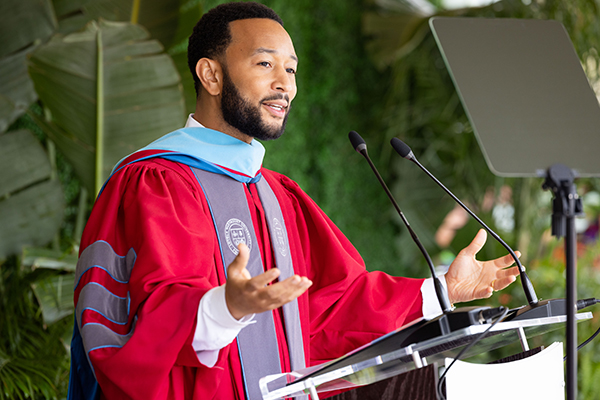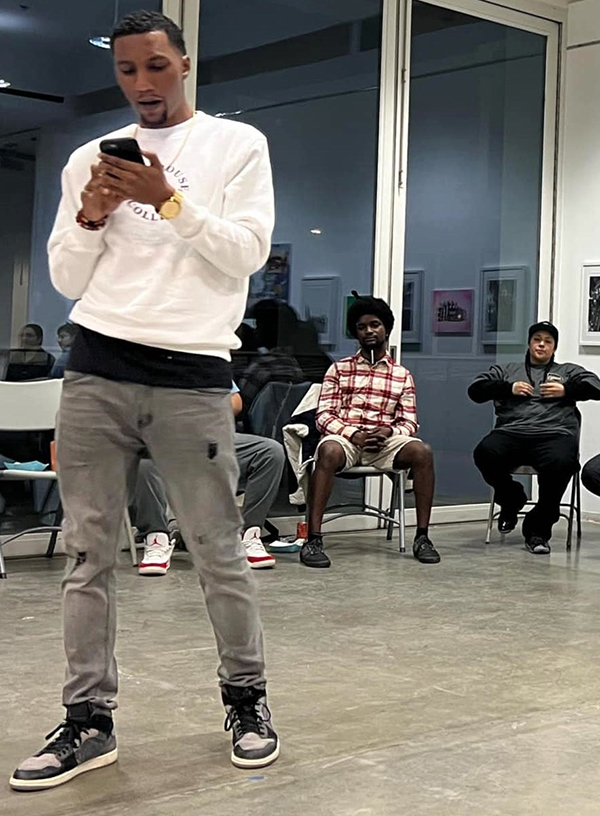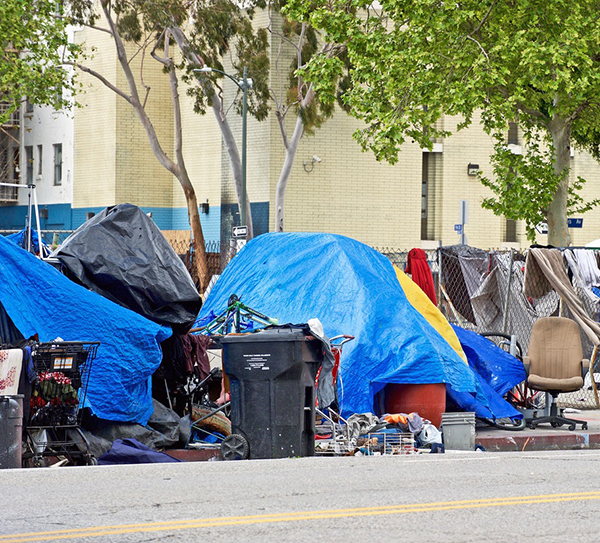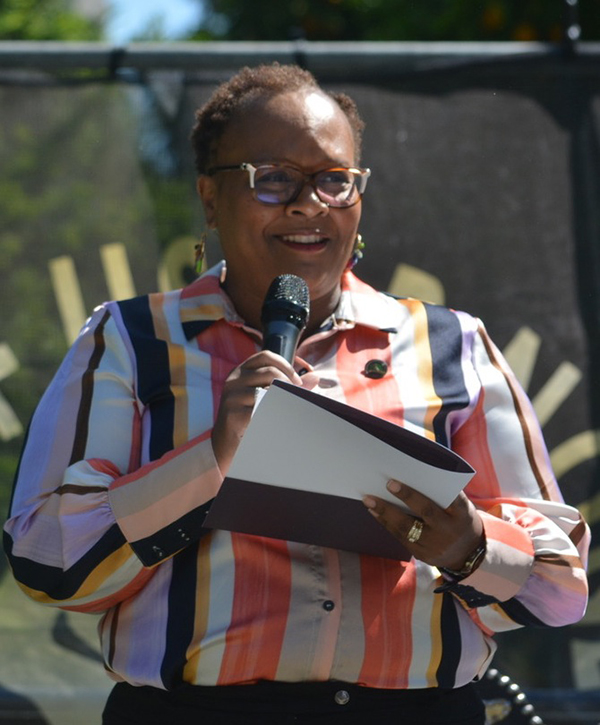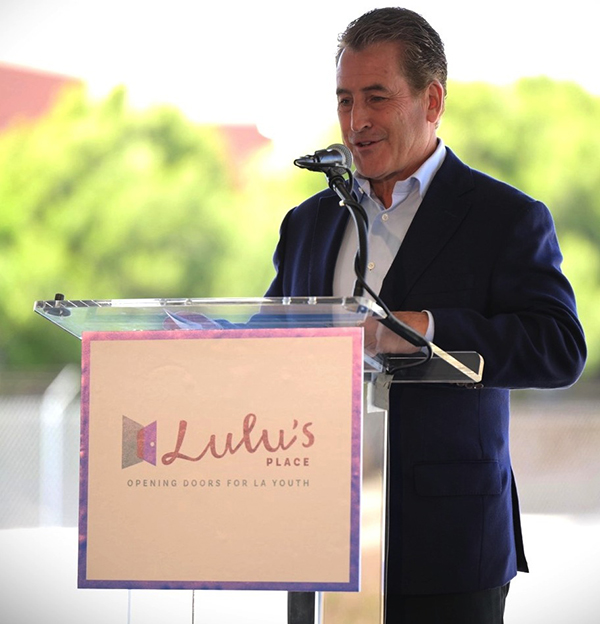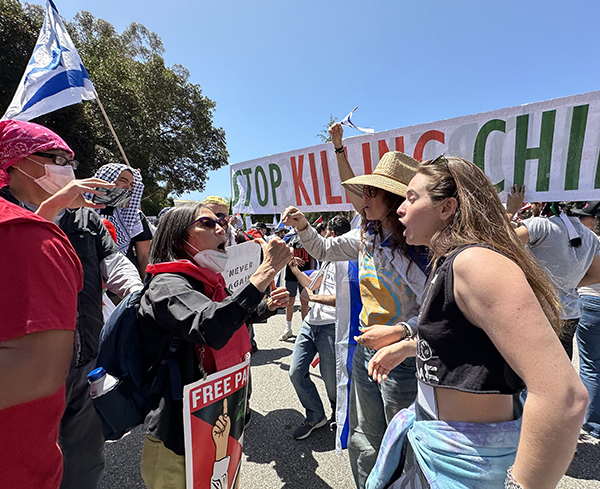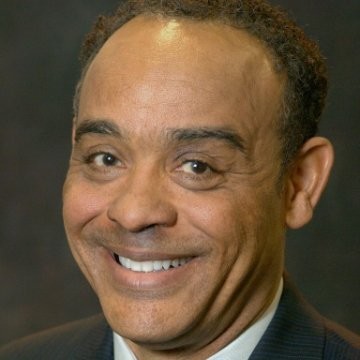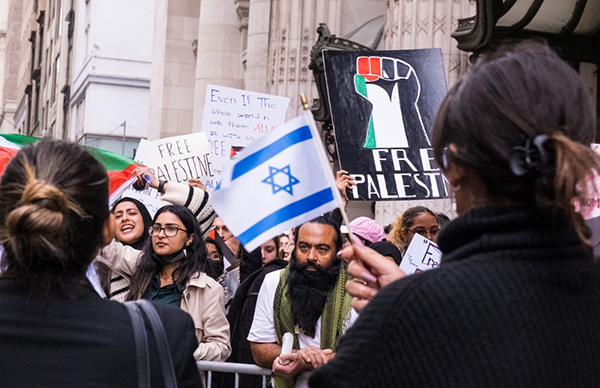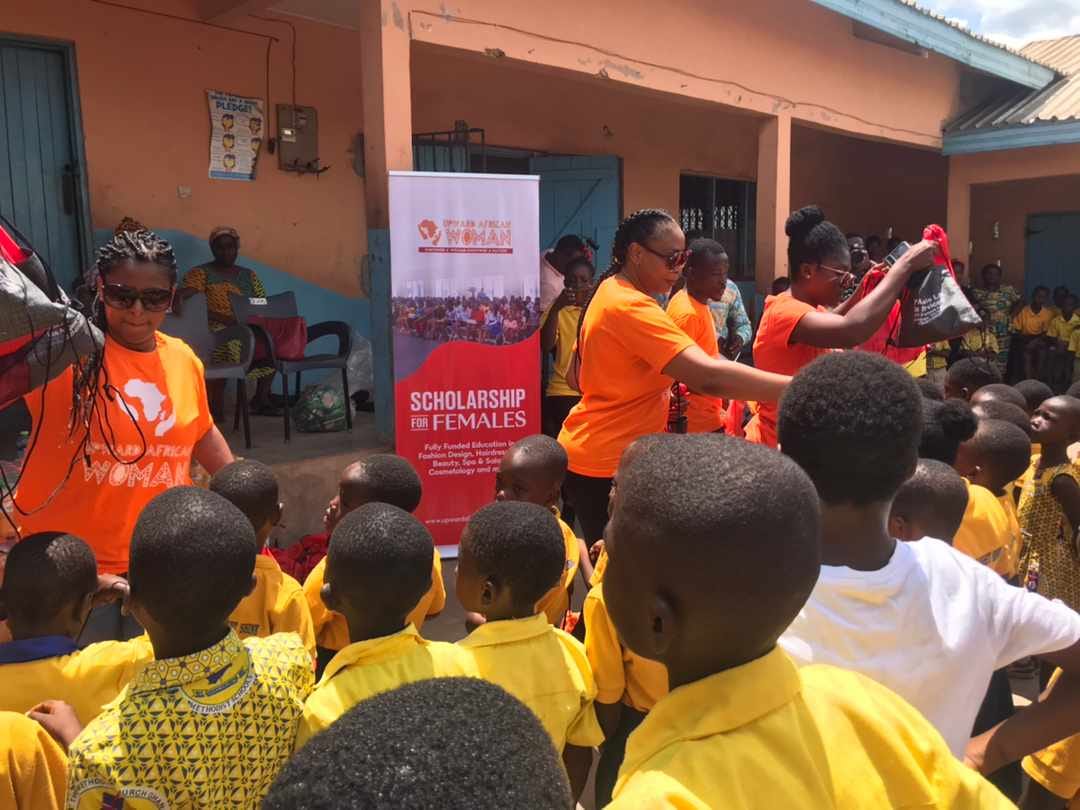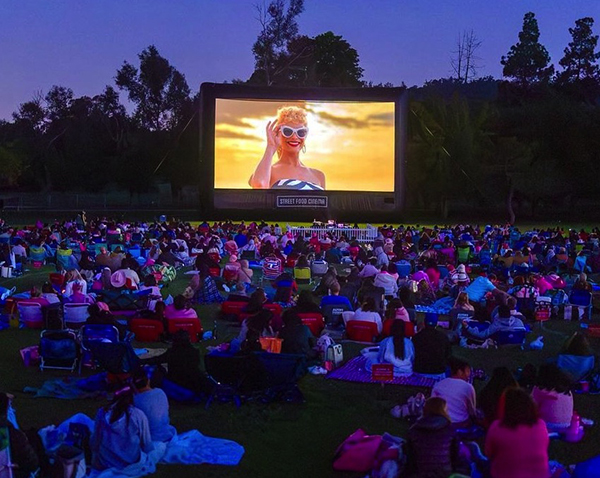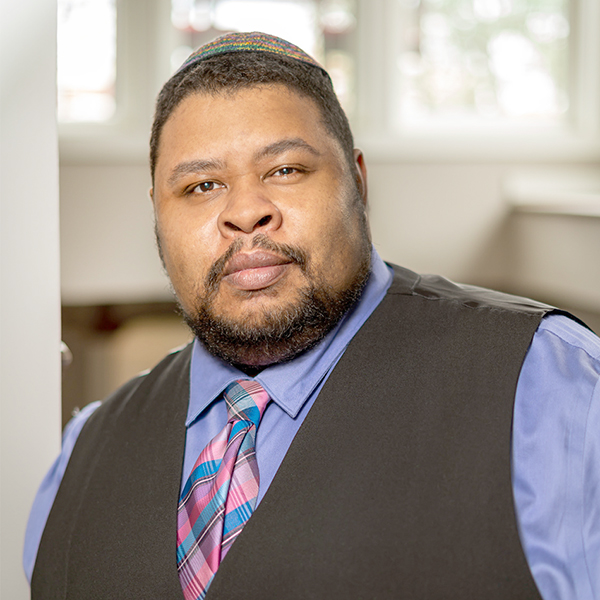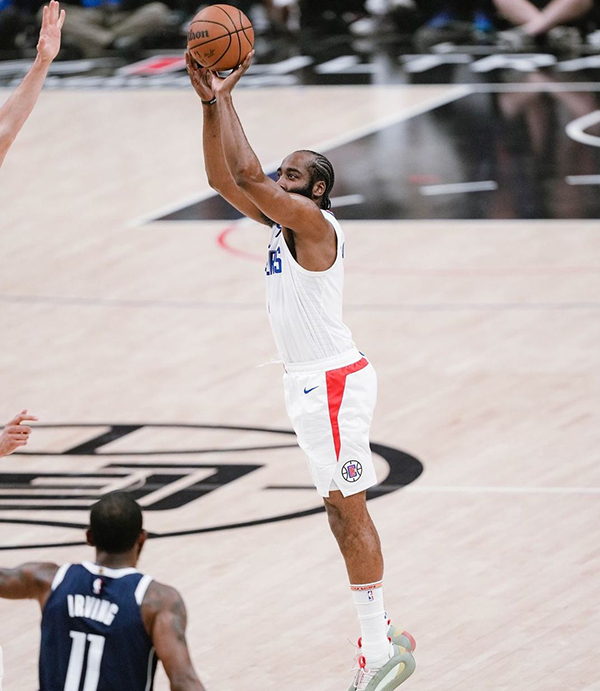
By Darlene Donloe
Contributing Writer
The moment she heard her friend’s idea for a nonprofit, Aineakho Ojior knew she wanted to be involved.
Her friend is MonaLisa Okojie. The idea she proposed became Upward African Woman, an organization with a mandate to empower women, giving them and their children an opportunity for a better life.
The concept was simple enough, but the execution was going to take a huge commitment and some major strategy and planning.
“It’s an all-woman-run, nonprofit,” said Ojior, a Nigeria native. “Our mission is to transform the lives of women and children here locally in Los Angeles and in West Africa and all of Africa. We recognize that when women are successful, we are helping children and mothers, which helps the whole family.”
Founded in 2014 by Okojie, Upward African Woman is committed to establishing and supporting sustainable programs to tackle poverty, illiteracy, disease and hopelessness in order to improve the general well-being of African women and children.
“I’ve been there since day one,” said Ojior, the organization’s program development director. “I lead the effort on designing the program. We have a scholarship program, also a mentorship program, and career development program. We are building it. We bring kids in to meet professionals in careers that are not conventionally discussed. We want to expose them to the possibilities.”
Ojior, 47, said the more she and Okojie thought about it, the more they realized a lot of money was going into aid, but they wanted to focus more on sustainability.
“Our thought was that we need to have programs that are actually not just funding, but also helping these young women get work,” said Ojior, a married mother of two. “When she mentioned that to me, I was on board for this. We are growing it one step at a time.”
Upward African Woman’s focus is women in need. The organization leverages its in-country connections to identify communities in need.
The scholarship program is designed to give women and children who live in disadvantaged communities with limited access to education the opportunity to get an education. The funding to go to school for each student is $1,500, according to Ojior.
Community development focuses on improving the quality of life of African women and children through funding projects that bring housing, community facilities, utilities (such as water boreholes), and other services. They also provide technical assistance and financing for small businesses and agricultural cooperatives.
In addition, Upward African Woman does outreach programs locally in Los Angeles and overseas; providing food, clothing and basic needs to the less privileged.
“When we recruit we are looking at need and opportunity,” Ojior said. “You might have a need for someone to pay your fees. We have people who have a need but there is no opening. They don’t see a way forward. It’s a real need.”
Upward African Woman has had scholarship and community development programs in Ghana, Nigeria and Kenya. The program in Kenya is completed, but women’s and children’s scholarship programs are still active in Ghana and Nigeria.
Organizers recently went to Nigeria and Ghana to attend the graduation of several of the women Upward African Woman supports. During the visit, they supplied the graduates with tools to start their own businesses.
“We took five women who had graduated from vocational 2nd Image International,” Ojior said. “The graduates got graduation packets to start their businesses. We also spoke to more than 200 women about opportunities.
“We had a community event at a high school in a rural community. We held a talk for the young girls in school about their menstrual health — and the taboos about it. Not to be shamed by menstruation. We had a hygiene conversation in Ghana.”
2nd Image International is a Ghanaian organization with the objective of becoming the leading Technical and Vocational Training Institute. Training girls and women across Africa with skills in beauty, hair, fashion, and technology.
Ojior said some of the women in Ghana are learning to be hairdressers and fashion designers.
“When they graduate, we give them the tools to go out day one and be self-employed,” she said. “We’ll get a sewing machine and thread and whatever else they need to start the job.
“We have done this for a number of years. We are trying to grow the number of women we are helping. We want to do our part to give back to the community.”
Upward African Woman, which will hold a nine-week program in Los Angeles at the EXPO Center summer camp this year, has six students that they have put in school in Nigeria.
“We took them from a community called Makoko district (in Lagos, Nigeria), the largest floating slum in Africa,” Ojior said. “It was our first time meeting the kids. They are doing really well in school. We had a community party for them. We engage with the parents to make sure they are also doing their part.”
Ojior said one of the ways to empower women and give them an opportunity for a better life is by “inspiring through interaction.”
“We hold seminars where we meet young women and bring in speakers,” she said. “We inspire them to do more and be more. You have to see it to know that it’s possible. We also make sure they are able to feed their families.”
Upward African Woman, which will hold a fundraiser in October, also helped build a school in Kenya.
“We went from nothing to an accredited facility,” Ojior said. “It was a place for mothers to put their kids while they worked. When mothers have child care, they can go out to work. It has been extremely helpful to the mothers.”
Ojior’s extensive career started as a radio frequency engineering consultant where she designed, built and managed global system mobile communication networks for major United States operators. After four years, she focused on developing her management and leadership skills in concert with engineering and technology. That led to various leadership roles in engineering and business development.
Her interest in engineering and technology transformation in the telecommunication, information technology and energy sector started early.
“I grew up in Nigeria, in Edo State,” Ojior said. “There, based on your ability in middle school, you are guided to defined pathways which ultimately become what you study at the university.”
Ojior was good at math and physics.
“If you are good in math you are steered toward engineering,” she said. “I was good at math, physics and chemistry. To support that, as a kid I was curious about how things were made.
“I broke up all my toys as a kid. I would play the Fisher Price music. I wanted to know how it was making a sound. I would sit there trying to figure things out. I’ve always wanted to know how things work.”
Ojior’s career so far has been built on her results-driven approach, whether designing and managing telecommunication infrastructure, developing strategic programs for business optimization or building highly effective teams.
Ojior said the ultimate goal of Upward African Woman is to see a visible change in the world.
“When I envision that, I think of a time when poverty isn’t as widespread as it is now,” she said. “If people and women and children are able to move out of poverty — you start to build this new class. You start to build a world with a living wage, education, learning and development. Where they can engage their community.”
She’s proud of the hard work the organization continues to complete.
“I’m proud of all that goes into making this organization work,” Ojior said. “The impact is real. It makes it worth it. I’m most proud of the smiles on the faces of the women and children we interact with.”
“Making a Difference” is a regular feature profiling organizations that are serving their communities.
Darlene Donloe is a freelance reporter for Wave Newspapers who covers South Los Angeles. She can be reached at ddonloe@gmail.com.

